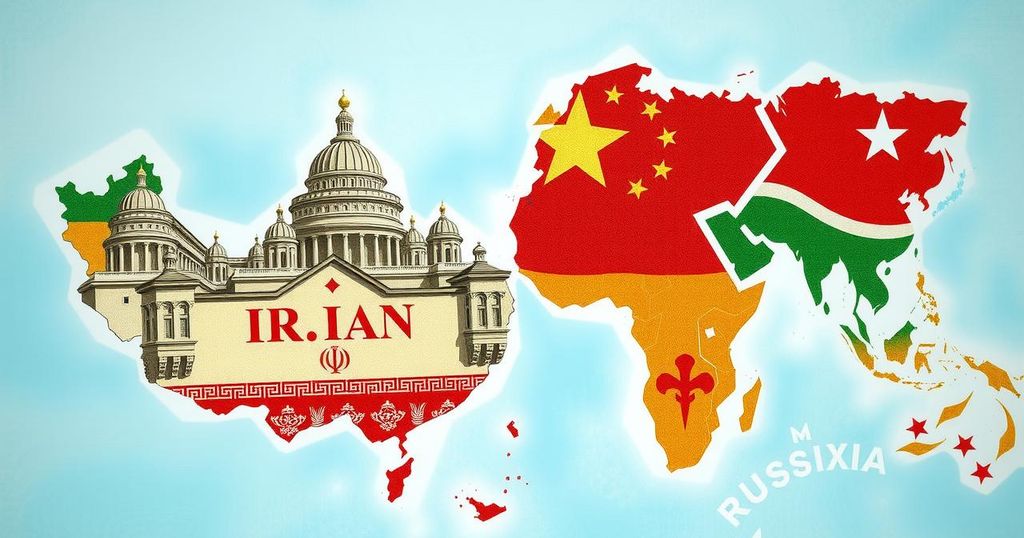Global Developments: Iran’s Economic Struggles, China’s Tourism Boost, South Africa’s Health Measures, and Russia’s Arrest
Iran’s rial falls to 777,000 amid economic turmoil; China extends visa-free tourism to boost visitors; South Africa shuts down 1,041 informal grocery shops to address health concerns; Russia arrests a suspect linked to the assassination of a general, allegedly paid by Ukraine.
Iran is facing unprecedented difficulties amid a political upheaval, a shattered economy, and now, a dire energy crisis leading to the decline of the rial, which has fallen to an alarming 777,000 against the US dollar. The destabilization of its proxy, Hezbollah, and the loss of support in Syria have compounded these issues, resulting in closures of schools and government offices to address the energy shortage.
In a strategic move to enhance tourism, the Chinese government has extended the duration for visa-free travel to ten days for citizens from 50 nations, including the United States. Furthermore, passport holders of nearly 40 additional countries can visit for up to one month. Since easing Covid-related restrictions, the country has witnessed a tremendous influx of visitors, with a reported growth of 86% in arrivals this year, totaling close to 30 million.
South Africa’s government has taken decisive action to protect public health by closing 1,041 informal grocery shops, commonly known as spaza shops. This measure follows multiple tragic incidents where children consumed food contaminated with pesticides, a consequence of inappropriate practices by shop owners intending to control vermin. The closures aim to prevent further illness and safeguard communities.
In a significant arrest, Russian authorities have detained a suspect linked to the assassination of Lieutenant General Igor Kirillov. The Federal Security Service of Russia revealed that the accused, an Uzbek national, was allegedly compensated with $100,000 by Ukraine to execute the attack via a bomb concealed within a scooter. This incident raises serious concerns surrounding the use of chemical weapons and the ongoing tensions between Russia and Ukraine since the latter’s invasion in 2022.
The context of Iran’s current economic crisis stems from a combination of regional conflicts and internal strife, which have exacerbated the depreciation of its currency, the rial. Concurrently, China’s proactive tourism policies post-Covid aim to revive its economy and attract international visitors. The closures of informal grocery shops in South Africa highlight ongoing public health challenges, particularly regarding food safety practices prevalent in such establishments. Russia’s arrest related to a high-profile assassination underscores the continued volatility and geopolitical maneuvers in Eastern Europe, particularly concerning the Ukraine conflict.
In summary, the global landscape is witnessing significant events such as Iran’s economic crisis marked by a historical currency collapse, China’s efforts to attract tourists anew, South Africa’s public health initiatives through the closure of informal grocery shops, and Russia’s decisive arrest of a suspect linked to a high-profile assassination. Each of these occurrences reflects larger trends in governance, public safety, and international relations, underlining the complexities that nations are currently navigating.
Original Source: www.gzeromedia.com




Post Comment